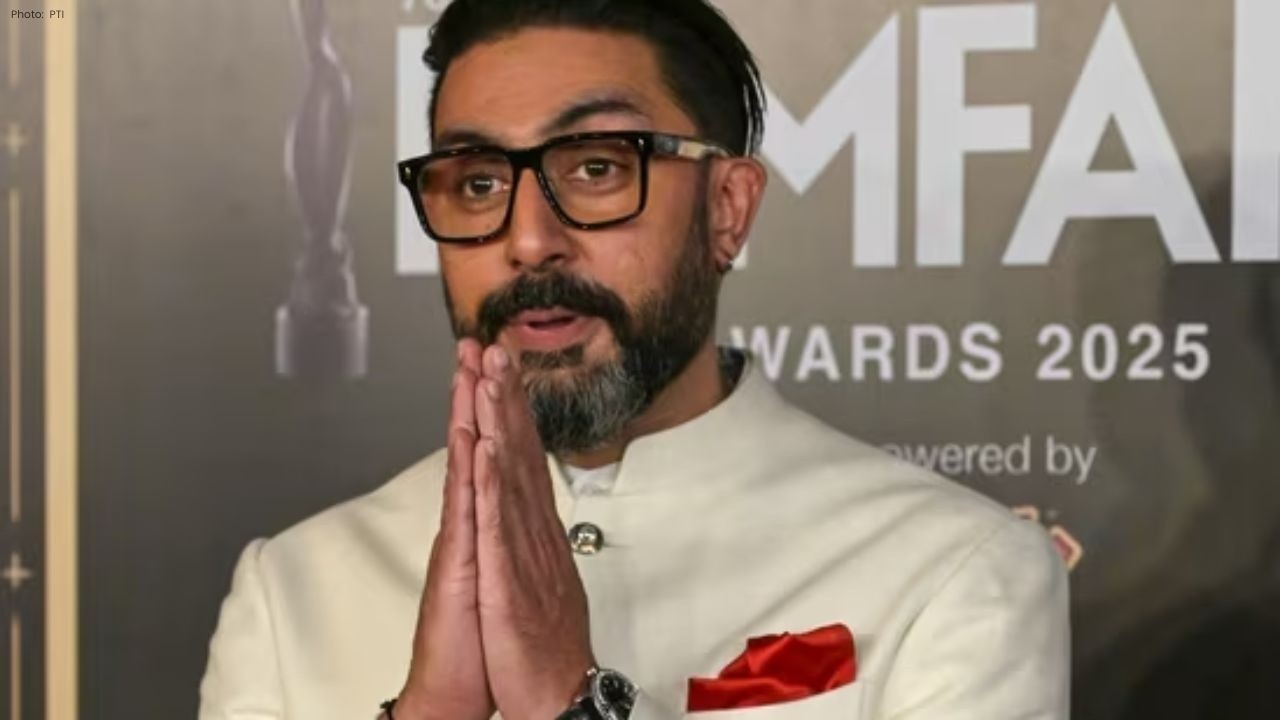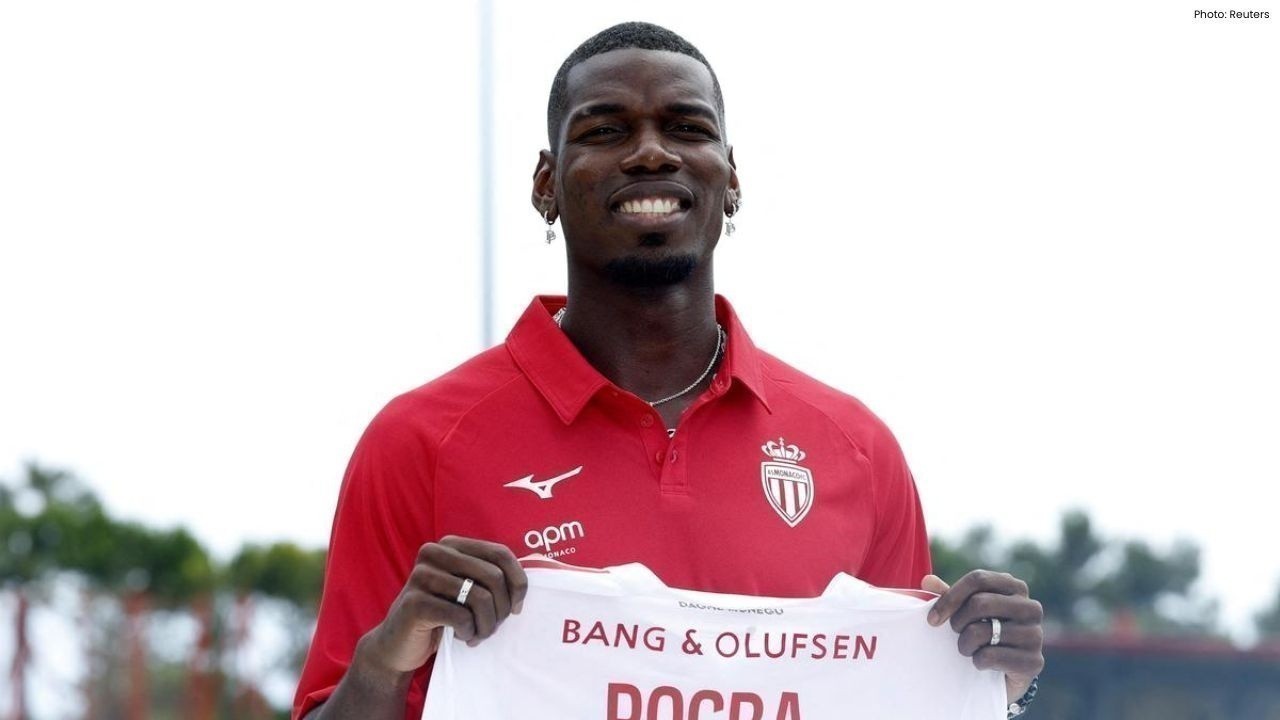
Post by : Raina Mansoor
Photo : Linkdin
The International Monetary Fund (IMF) has lowered its expectations for how much the economies of the Middle East and North Africa (MENA) will grow this year. The region’s growth is now expected to be only 2.6%, which is 1.4% less than what the IMF had predicted in October last year.
Last year, the region grew by just 1.9%, which was also lower than expected. However, the IMF believes that things will improve and expects the region to grow by 3.4% in 2026.
This slowdown is not just happening in the Middle East. Many parts of the world are facing slower economic growth due to trade troubles, such as new taxes on imported goods (called tariffs) and other uncertainties coming from the United States.
Other problems adding to the slowdown include delays in restarting oil production, ongoing wars and conflicts, and slow progress in making needed changes to how some countries manage their economies.
At a recent meeting, Jihad Azour, who is the IMF’s director for this region, said that the current uncertainty could make businesses and people lose confidence in the future. He also pointed out that conflicts, political problems, and climate issues are already making things tough in the region. He said that while U.S. trade issues won’t directly hurt the region much, the indirect effects could still be serious.
Different Outcomes for Oil-Rich Countries
The IMF said that oil-rich countries in the Gulf, like the UAE and Saudi Arabia, will grow faster than others in the region. However, even for these countries, the growth numbers are not as strong as they were in earlier forecasts.
The six Gulf countries are expected to grow by 3% this year and 4.1% in 2026. This is slightly lower than what the IMF predicted earlier. This change is mainly due to the extension of oil production cuts by OPEC+ and slower growth in businesses that don’t rely on oil.
The UAE is expected to grow by 4% this year and 5% in 2026, while Saudi Arabia's economy is predicted to grow by 3% in 2025 and 3.7% in 2026. These numbers are also lower than what was forecasted earlier.
For oil-exporting countries outside the Gulf, the outlook is worse. Their growth is now expected to be only 1.4% this year, compared to the earlier forecast of 3.6%. This drop is because of lower oil production, sanctions on Iran, and weaker growth in other industries.
Better Days Ahead for Oil-Importing Countries
Countries that import oil, like Egypt and Jordan, are also facing challenges from regional conflicts and global trade problems. Still, their economies are expected to grow more this year — Egypt by 3.8% and Jordan by 2.6%.
Some places like Lebanon, Sudan, Gaza, the West Bank, and Yemen might also see slightly better economic activity this year, though growth will still be very low or even negative. The IMF did not give exact numbers for some of these places.
Ongoing Risks
The IMF warned that several risks could hurt the region even more. These include problems with government policies, trade disruptions, a strong U.S. dollar, and rising interest rates.
If interest rates go up more, countries that already owe a lot of money could struggle to pay it back. This might also affect the stability of their banks.
There’s also a risk that increasing trade problems between countries could make global trade even more uncertain. This would affect both oil-importing and oil-exporting countries by causing price changes and budget problems.
However, the IMF said that a few countries might benefit from changes in trade routes, depending on how things play out.

Oman Replaces Pakistan in Men’s Junior Hockey World Cup
Oman will replace Pakistan in the 2025 Men’s Junior Hockey World Cup in Tamil Nadu after Pakistan wi

Lakshya Sen Reaches Hylo Open Pre-Quarters After Big Win
Lakshya Sen defeated France’s fifth seed Christo Popov in straight games to reach the Hylo Open pre-

Abhishek Bachchan hits back at Filmfare award allegations
Abhishek Bachchan firmly denied accusations of buying awards or using PR, saying his success comes f

Rain Washes Out India-Australia T20 Series Opener in Canberra
The opening T20 match between India and Australia in Canberra ended early due to heavy rain, leaving

DAMAC Launches Global Search for Ultimate Islander
DAMAC invites adventurers worldwide to apply for a once-in-a-lifetime role as “The Ultimate DAMAC Is

Dortmund Beat Frankfurt in Penalty Shootout to Reach Last 16
Borussia Dortmund defeated Eintracht Frankfurt 4-2 on penalties after a 1-1 draw, advancing to the G

Babyshop Unveils Paris-Inspired Autumn/Winter 2025 Line
Babyshop Arabia launches its AW’25 collection in Paris, uniting cozy comfort, refined design, and ti

Rain Washes Out India-Australia T20 Series Opener in Canberra
The opening T20 match between India and Australia in Canberra ended early due to heavy rain, leaving

Dortmund Beat Frankfurt in Penalty Shootout to Reach Last 16
Borussia Dortmund defeated Eintracht Frankfurt 4-2 on penalties after a 1-1 draw, advancing to the G

Suryakumar, Gill Lead Before Rain Ends Canberra T20 Early
The first T20 between India and Australia in Canberra ended in a washout after strong starts from Su

Juventus Set to Appoint Luciano Spalletti as New Coach
Juventus is expected to announce Luciano Spalletti as its new coach after Igor Tudor’s dismissal, ma

Pogba Set to Return for AS Monaco After Long Suspension
Paul Pogba is close to making his AS Monaco debut after his doping ban was reduced to 18 months, wit

No Makeup Makeup Look Step by Step Guide to Effortless Natural Beauty
Learn the secret to a glowing natural look with our no makeup makeup guide simple steps for effortl

UAE Archers Compete in West Asia Championship in Doha
Seventeen UAE archers, led by Federation President Hanadi Al Kabouri, are competing in the 2nd West

Nicolas Mahut Ends Remarkable Tennis Career at Paris Masters
French tennis legend Nicolas Mahut retires after a 25-year career, remembered for his epic 2010 Wimb